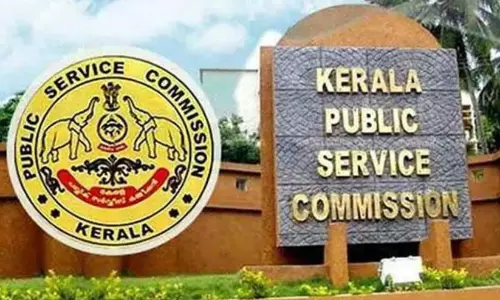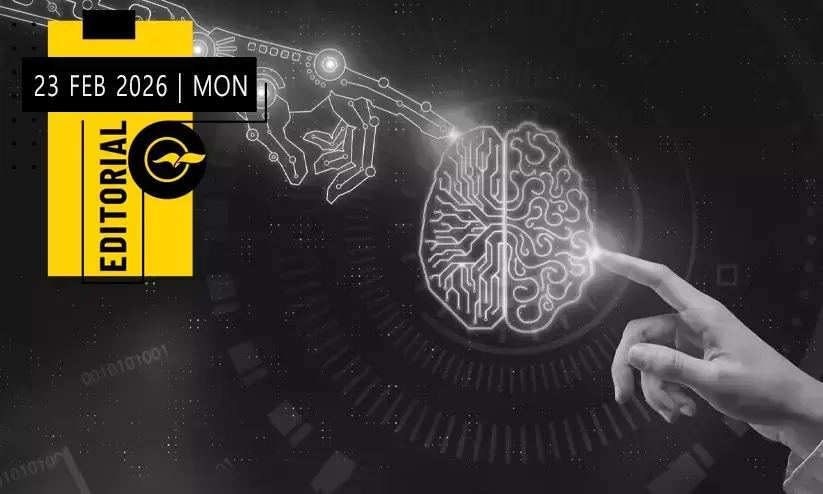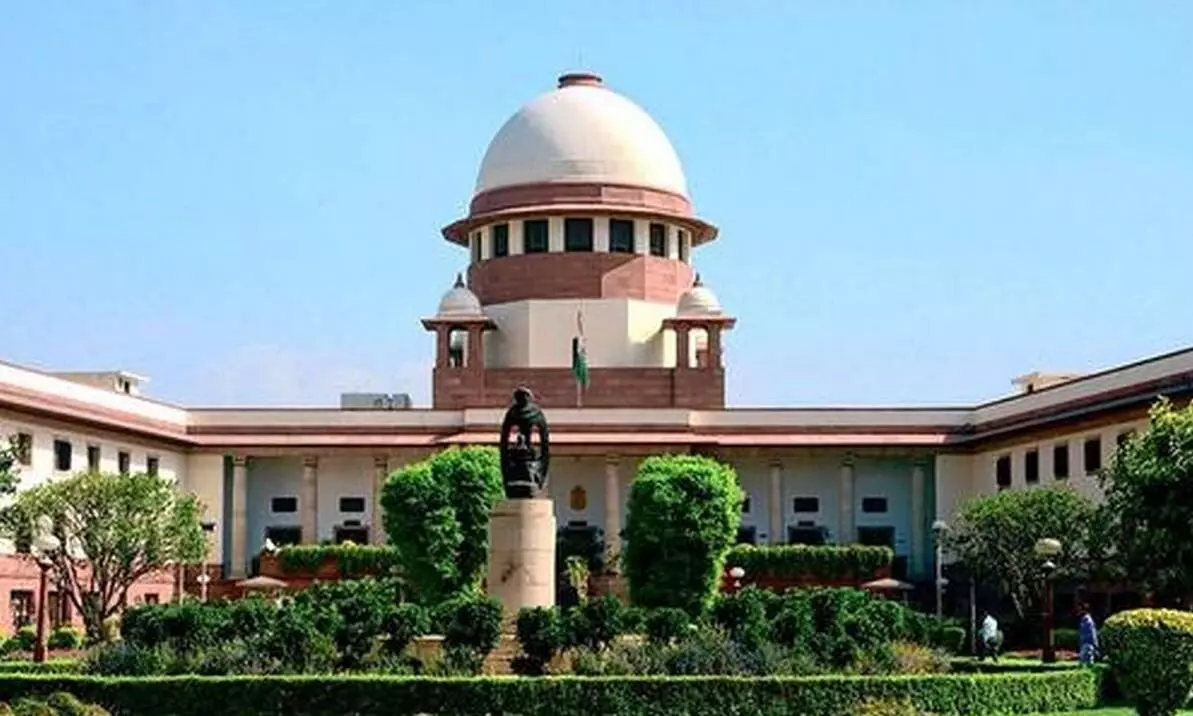
SC to examine if universities can be sued under consumer law
text_fieldsSupreme Court of India, Image courtesy: https://www.india.com
New Delhi: The Supreme Court has agreed to hear an appeal, challenging a verdict of National Consumer Disputes Redressal Commission (NCDRC), which raised the question, whether an educational institution or university can be sued for deficiency in services under the consumer protection law.
A bench of Justices D.Y. Chandrachud, Indu Malhotra and Indira Banerjee, admitting the appeal, said: "Since there are divergent views of this court bearing on the subject as to whether an educational institution or University would be subject to the provisions of the Consumer Protection Act 1986, the appeal would require admission." The order was passed by the top court on October 15.
The appeal has been filed by Manu Solanki and other students of a medical course against Vinayaka Mission University at Salem, Tamil Nadu.
The top court also asked advocate Soumyajit, representing the caveator university, to file the response within six weeks.
The students have alleged that the university has indulged into unfair trade practice and there was deficiency of service, as it induced them to take admission in a course on an assurance that requisite approvals from the authorities have been obtained.
In 2005-2006, the students were admitted in an offshore programme of two-year study in Thailand and two-and-a half year study in the university in India.
They were assured that the MBBS final degree is recognised by the Indian Government and Medical Council of India. However, after completion of studies in Thailand, the students were told to continue their course there. The students' in their plea said they were informed that a Foreign Medical Degree will be conferred on them and they would have to appear for screening test in India.
The university had objected to the maintainability of this plea contending that petitioners are not consumers and education is not a commodity.
The university cited top court verdicts in the Maharishi Dayanand University and in the PT Koshy cases where it was held that education is not a commodity and educational institutions do not provide any kind of service.
As a result, there cannot be any deficiency of service to be adjudicated upon in consumer forum or commissions, the university had argued. However, the students contested this with other verdicts, which held educational institutions fall under the purview of the Consumer Protection Act, 1986.
In January, the NCDRC, in its verdict, had said that the institutions rendering education including vocational courses and activities undertaken during the process of pre-admission as well as post-admission and also imparting excursion tours, picnics, extra co-curricular activities, swimming, sport, etc. except coaching institutions, will, therefore, not be covered under the provisions of the Consumer Protection Act, 1986.
The students have appealed this verdict in the top court.























